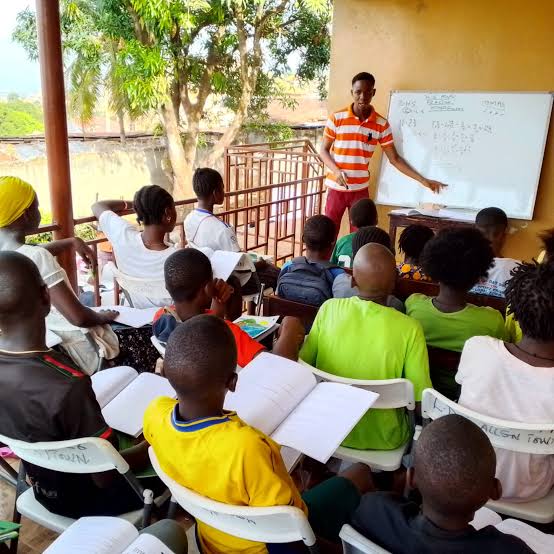The Impact of Education on Religion in Africa

The Impact of Education on Religion in Africa
The advent of formal education in Africa has significantly influenced the practice, interpretation, and role of religion in society. As Africans increasingly access education, they critically evaluate traditional beliefs, leading to reinterpretations and adaptations. This shift has fostered dialogue between traditional African religions and Western-influenced educational systems.
Formal education has exposed Africans to diverse perspectives, encouraging critical thinking and analysis of traditional practices. Many Africans now question and reevaluate cultural and religious norms, leading to a more nuanced understanding of their faith. This scrutiny has also sparked debates about the relevance and significance of certain practices in modern times.
The intersection of traditional African religions and Western-influenced education has given rise to syncretic forms of worship. Many Africans blend elements from different religious traditions, creating unique expressions of faith. This blending of influences reflects the complex cultural and religious landscape of Africa, where traditional practices coexist with modern interpretations.
Education has also led to shifts in authority and leadership within religious communities. As more Africans access education, they challenge traditional power structures and demand greater participation in decision-making processes. This shift has created opportunities for new leaders and perspectives to emerge, potentially transforming the religious landscape.
Furthermore, education has facilitated greater engagement between African religious communities and global networks. Africans now participate in international discussions, share their perspectives, and learn from others. This exchange has enriched African religious expression, introducing new ideas and practices while also showcasing African contributions to global religious discourse.
Moreover, education has empowered Africans to articulate and defend their faiths in new ways. Through theological education and scriptural literacy, Africans can now engage in informed discussions about their beliefs. This development has contributed to the vibrant diversity of religious expression in Africa, where individuals can thoughtfully navigate their faith and its role in society.
Ultimately, education’s impact on religion in Africa is multifaceted and profound. As Africans continue to access education, their religious practices and interpretations will likely evolve, reflecting the dynamic and diverse nature of faith on the continent.






